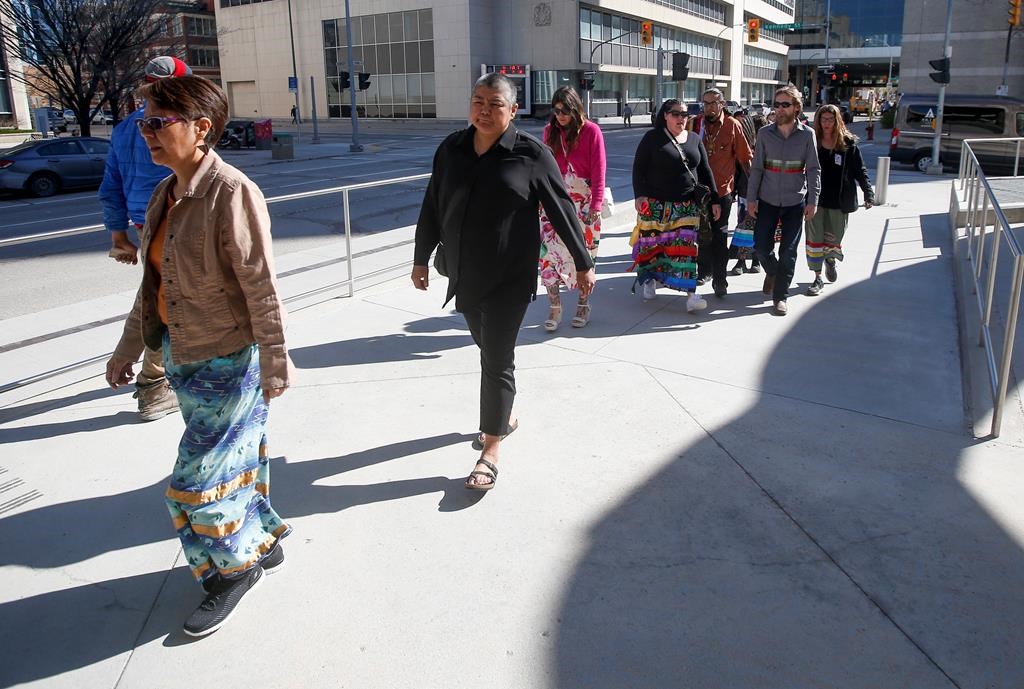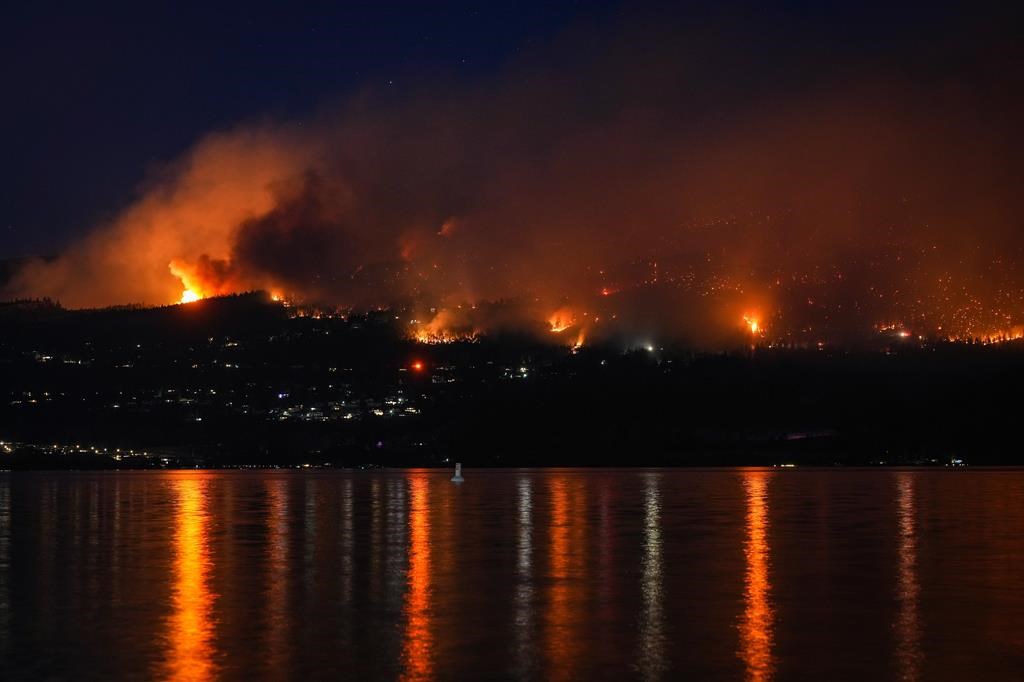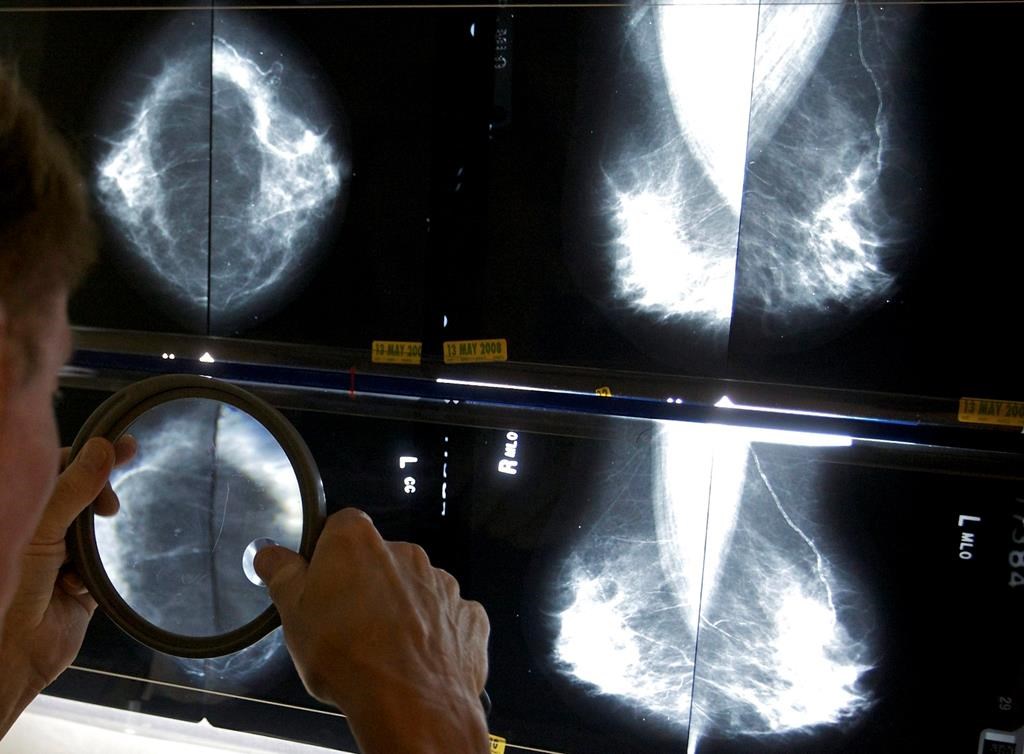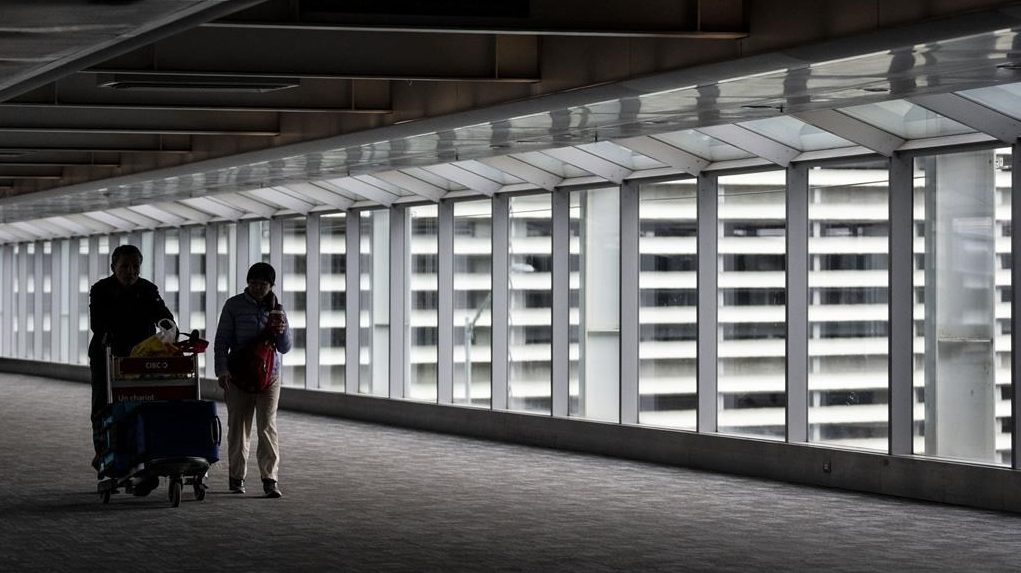Court grants temporary injunction to end Winnipeg landfill blockade
Posted July 14, 2023 1:30 pm.
Last Updated July 14, 2023 10:04 pm.
A Manitoba judge granted a temporary injunction to end a blockade at a Winnipeg landfill Friday, but some supporters of the protest said they would not back down.
Dozens of protesters have blocked the main road to the Brady Road landfill for more than a week, after Manitoba Premier Heather Stefanson said the province would not search the privately owned Prairie Green Landfill, north of the city, for the remains of two slain Indigenous women.
“They did nothing about the convoy that was in Winnipeg and that disturbed all the area residents. They let them camp for how long and we want our sisters dug up from the most inappropriate burial site you can think of, and they are going to charge us right away. They let those truckers sit out there for how long, because they have white privilege – we don’t have that,” said Val Vint, a supporter of the blockade, said outside court Friday.
“They don’t think about us as human beings and we are not taking that anymore,” Vint added. “So there will be a lot of people arrested.”
Court of King’s Bench Justice Sheldon Lanchbery approved the City of Winnipeg’s application for an injunction, saying there are environmental and safety risks if operations at the landfill aren’t able to continue.
“The city needs to operate its facility in the manner that it’s authorized to do so without interruption,” Lanchbery told court.
The order, grants the Winnipeg Police Service the authority to remove — those who do not follow the injunction, that began Friday at 6 p.m., will be arrested and detained by police.
“To the officer that is going to be arresting us, when you put your hands on that woman, that woman is grieving. You’re going to be putting your hands on children, and women and men. Think twice about that,” said Vivian Ketchum, a Residential School Survivor..
However, the judge said demonstrators can continue to protest at the Brady Road landfill, but they cannot block the road. They can hand out materials and talk with people passing by, he added.
Stefanson cited safety risks as her main reason for opposing a search of the Prairie Green landfill. She pointed to a federally funded study that said a search could cost up to $184 million, expose workers to toxic chemicals and asbestos, and have no guarantee of success.
RELATED:
- Court hearing on injunction to end Winnipeg landfill blockade adjourned to Friday
- ‘Heartless’: Miller criticizes Manitoba government’s decision not to search landfill
- Winnipeg mayor says Brady Road landfill blockade must end
Lawyers for the demonstrators argued their clients have a right to protest systemic violence against Indigenous women, while the city’s lawyers told court there were serious safety and environmental concerns if the blockade continued.
“The issues are important. I see that. I understand that. But violence – blocking roads – is just not an acceptable part of this,” Lanchbery said in his decision.
The judge was interrupted by Aundrea Spence while reading his decision. In an unconventional courtroom exchange, she told the judge the blockade was not violent and he couldn’t understand Indigenous people’s pain.
The judge reminded the courtroom that he had no authority to force a search of the landfill.
“If you stand with us and you are an ally and you are with us Indigenous people, you will come out there and support and you will stand with us and get potentially arrested. If that’s what the Canadian government wants to do, then so be it,” said Spence following the proceeding.
“Why did the Canadian Coast Guard and the Canadian governments fund the findings of the submarines, but they won’t look for our women in the landfills.”
The Manitoba and federal governments have been sparring over the landfill search. Crown-Indigenous Relations Minister Marc Miller has criticized Stefanson’s decision not to proceed, calling it heartless and saying the province is shirking its jurisdictional responsibilities.
Stefanson has accused Miller of politicizing a tragedy.
Lanchbery said the temporary injunction would come into force Friday evening and be in place until a later hearing.
“This is a serious issue to be tried. Free speech and to what extent there may be limits placed on the operation of free speech.”
Jeremy Skibicki has been charged with first-degree murder in the deaths of four women, including Morgan Harris and Marcedes Myran, whose remains are believed to be at the privately run Prairie Green landfill.
He has also been charged in the death of Rebecca Contois, whose remains were found last year at Brady Road, and an unidentified woman Indigenous leaders are calling Buffalo Woman, whose remains have not been found.
A lawyer for some of the protesters, Sacha Paul, told reporters his clients want to ensure the issue of missing and murdered Indigenous women does not fade from the public spotlight.
“This matter isn’t done at law. There are still some things pending. I will say in terms of next steps, I will have to seek the appropriate instructions from my clients to see what needs to be done, in light of the fact that they are continuing to raise the issue of searching landfills for missing and murdered Indigenous women and girls,” explained Paul.
“They are committed to continuing to bring that level of public awareness. So how that manifests going forward, I don’t know. But it is something that I have all the confidence my clients won’t let drop from public attention.”
For a complete breakdown of the injunction, click here.
– With files from Alex Karpa CityNews








